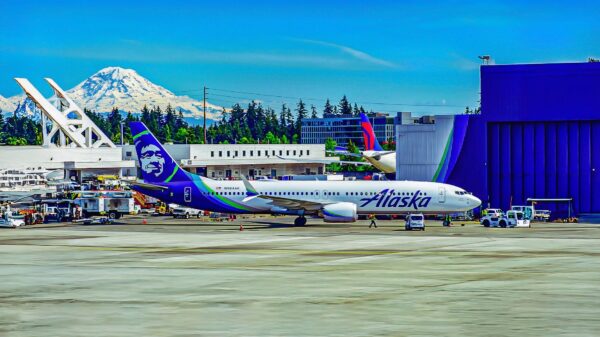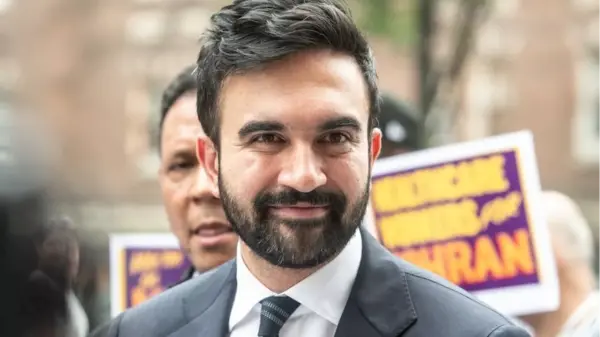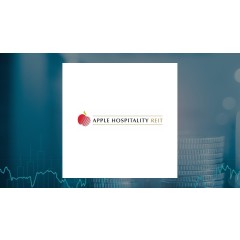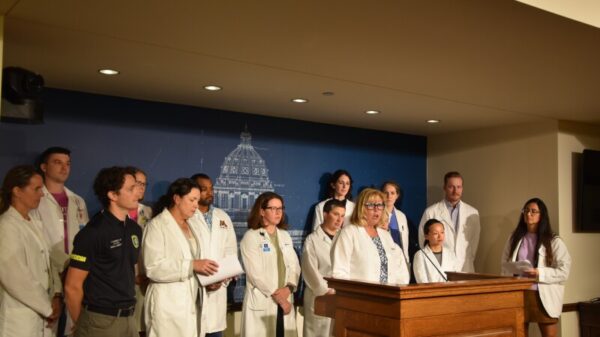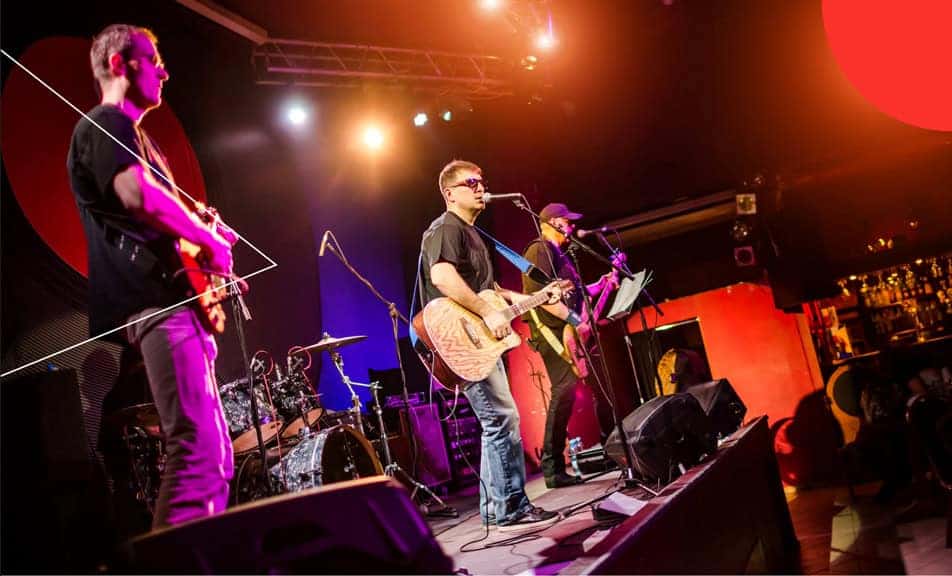New data reveals the UK live music industry concluded 2024 with remarkable consumer spending, reaching a record total of £6.68 billion. This figure marks a significant 9.5% increase from the previous year and stands at 28.2% above 2022 levels. The findings, released by the LIVE group in its Annual Report & Economic Highlights 2024, indicate not only a resurgence in the industry following the pandemic but also highlight pressing challenges facing smaller venues and festivals.
The LIVE group represents a coalition of trade bodies encompassing promoters, festivals, managers, venues, and production teams. The report, based on data from over 55,000 concerts and festivals, illustrates how live music contributes to the UK’s economy and cultural identity. In 2024, a live gig occurred somewhere in the UK every 137 seconds, demonstrating the sector’s vitality.
Concert revenues emerged as the principal driver of this growth, increasing by 12.2% and accounting for three-quarters of all live music spending. In contrast, festival revenues saw modest gains of only 1.9%, largely due to high operational costs and inflation. Notably, the festival market has surpassed its pre-pandemic levels, providing cautious optimism for future events.
Major Artists Drive Economic Impact
The cultural significance of live music is underscored by the influx of 23.5 million music tourists who attended UK concerts and festivals in 2024. The report highlights that Taylor Swift’s Eras Tour alone is estimated to have contributed £1 billion to the UK economy. Other prominent artists, including Charli XCX, Bruce Springsteen, Dua Lipa, and Sam Fender, also transformed cities into vibrant destination hubs. Additionally, the anticipated reunion of Oasis triggered unprecedented demand for tickets.
London remains the epicenter of the UK live music scene, attracting 28.9% of total spending and a substantial share of concert revenues. Cities like Manchester and Glasgow are solidifying their positions, with Manchester benefiting from the opening of the new Co-op Live arena. Festivals have also played a vital role in boosting rural economies, particularly in Central and South West England.
Challenges Facing Grassroots Venues
Despite the industry’s overall growth, the report reveals a troubling trend for grassroots music. In 2024, 78 festivals were forced to close, highlighting the existential threats posed by rising costs and reduced pricing power. Many smaller venues rely on the passion of their operators to survive, with the economic landscape becoming increasingly precarious.
The formation of the LIVE Trust, a charity funded by a voluntary £1 per ticket levy on large arena shows, aims to support grassroots venues, artists, and promoters. This initiative seeks to redistribute resources from major events to stabilize the foundations of the live music ecosystem without waiting for governmental aid.
The report also reflects on the changing political landscape with the return of the Labour Party to power. LIVE has advocated for progress on long-standing issues such as EU touring restrictions and ticket touting. While early commitments have been made, the report emphasizes the importance of effective implementation.
An analysis of the workforce reveals that live music supported 234,630 jobs in 2024, marking a 2.2% increase from the previous year and nearly 12% higher than in 2019. The majority of these jobs are casual, indicating a shift towards freelance and temporary roles following the COVID-19 pandemic. A study on the freelance workforce highlighted both the opportunities and challenges present in the industry, with 73% of freelancers affirming that live music is an excellent sector to work in, yet over half reported difficulties in securing consistent work.
As Jon Collins, CEO of LIVE, notes, “Talent is everywhere, opportunity is not.” This statement encapsulates the dual nature of the industry: thriving at the top while facing significant obstacles at the grassroots level. Protecting opportunities for emerging talent across local venues and major tours will be crucial for the UK’s live music ecosystem as it navigates the next decade.









